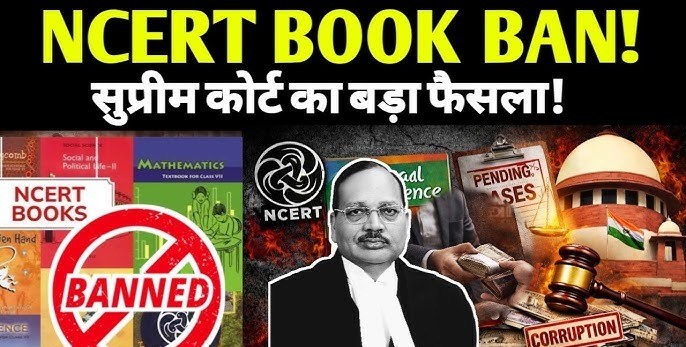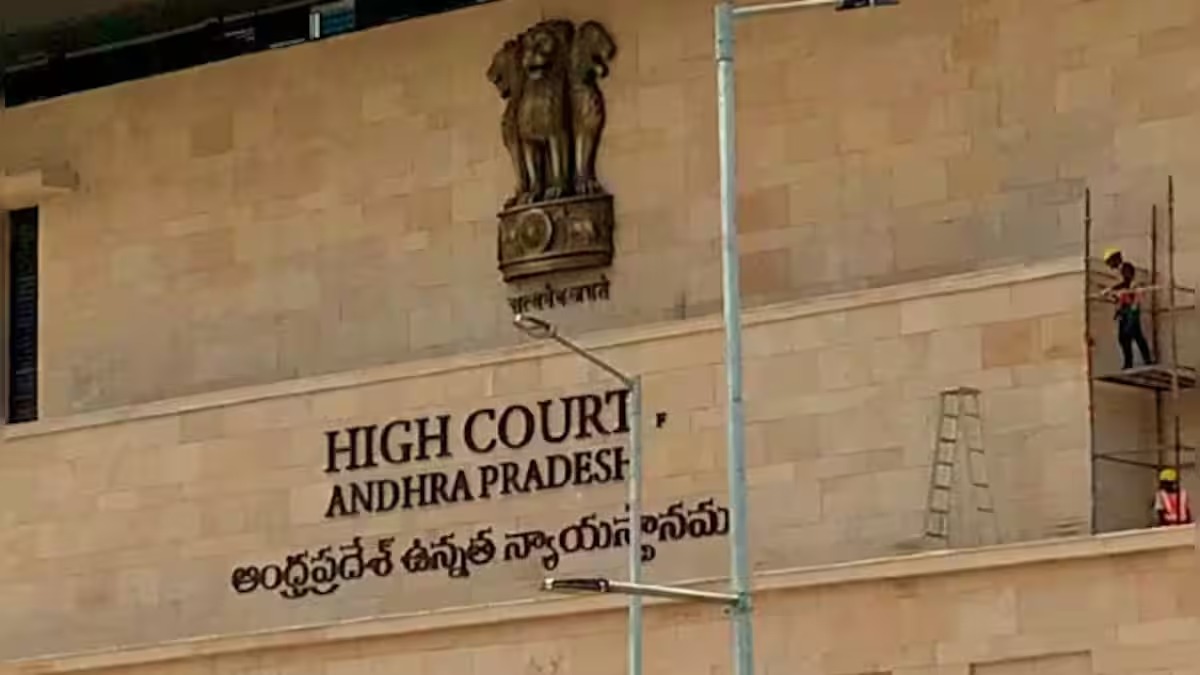Ajai Lamba, J.@mdashThis petition under Article 226 of the Constitution of India has been filed praying for issuance of a writ in the nature of certiorari quashing the action of the respondents in effecting recovery on account of wrong payment made to the petitioner of Dearness Allowance, payable on family pension.
2. It has been contended that an employee of the respondent-State died in harness, whereupon family pension was sanctioned. Dearness Allowance on Family Pension was being paid. Subsequently, however, a family member came to be given appointment on compassionate grounds. It seems that on account of giving of employment on compassionate grounds, under instructions issued by the State of Punjab, Dearness Allowance is not payable on family pension. It is contended that despite such instructions, the Dearness Allowance on pension, continued to be paid to the petitioner.
3. Learned Counsel for the petitioner has contended that, at this juncture, the Dearness Allowance paid on family pension is sought to be recovered/withdrawn by the respondents, which would not be permissible in law, in view of law settled by a Division Bench of this Court, while dealing with CWP 891 of 2003 (Mukhtiar Singh v. State of Punjab and Ors.) decided on 20.1.2004.
4. Learned Counsel for the respondent-State contends that, indeed, the issue is covered by the judgment in Mukhtiar Singh''s case (supra). It has been stated that the petitioner would be entitled to a limited relief. For prospective purposes, Dearness Allowance on family pension would not be payable. The respondents, however, cannot effect any recovery.
5. Learned Counsel for the respondent-Bank contends that recovery has been effected by the Bank on behalf of the respondent-State and the money has been transmitted to the State. In such circumstances, a direction be issued only to the respondent-State to refund the amount.
6. Learned Counsel for the respondent-State contends that instructions were issued to the Bank that on appointment of a member of the family on compassionate grounds, Dearness Allowance on family pension be not released. The instructions, however, have not been followed and, therefore, at this stage, no such direction can be issued.
7. I have considered the issue.
8. In Mukhtiar Singh''s case (supra), the following has been held by this Court:
In so far as the first issue is concerned, the controversy in hand stands adjudicated upon the Apex Court in H.S.E.B. and Ors. v. Azad Kaur (Civil Appeal No. 5835 of 1998, decided on 18.8.1999). In view of the determination of the Apex Court on the issue under reference, we are satisfied that the claim of the petitioners for dearness allowance on family pension is misconceived. The first contention of the petitioner is, therefore, not accepted.
The second issue relates to the recovery of dearness allowance wrongfully paid to the petitioners. It is not a matter of dispute between the parties that the payment of dearness allowance to the petitioners was not based on any misrepresentation at their hands. It is clear that dearness allowance was wrongfully paid to the petitioners by the respondents unilaterally. That being so, in view of the decision rendered by the Apex Court in Sahib Ram v. The State of Haryana and Ors. 1994 (5) SLR 753, we are satisfied that the recovery should not be effected from the petitioners.
In view of the above, the instant writ petitions are dismissed in so far as the claim of the petitioners for dearness allowance on family pension is concerned, however, the prayer of the petitioners is allowed in respect of the recovery sought to be made from them. In case any recovery has been made from the petitioners in the interregnum, the same shall be refunded to the petitioners within a period of four months from today.
Disposed of in the aforesaid terms.
9. In regard to the dispute raised between the respondent-State and the respondent-Bank, in my considered opinion, grant of relief to the petitioner cannot be delayed. It is for the respondents to resolve their inter-se disputes. The respondent-Bank would have a right to raise the issue with the respondent-State in regard to the liability while taking course of action, as permissible in law. The petitioner, being entitled to the relief claimed, the same cannot be delayed in view of the dispute between the respondents, as noticed above.
10. Accordingly, the petition is allowed in the same terms as in Mukhtiar Singh''s case (supra), relevant portion whereof has been extracted above. It is directed that the respondents would have no right to effect recovery from the petitioner of the amount already paid as Dearness Allowance on family pension. Consequently, the amount, if any, recovered from the petitioner by way of deduction, in the interregnum period, shall be refunded by the respondents to the petitioner within four months of receipt of certified copy of this order.

